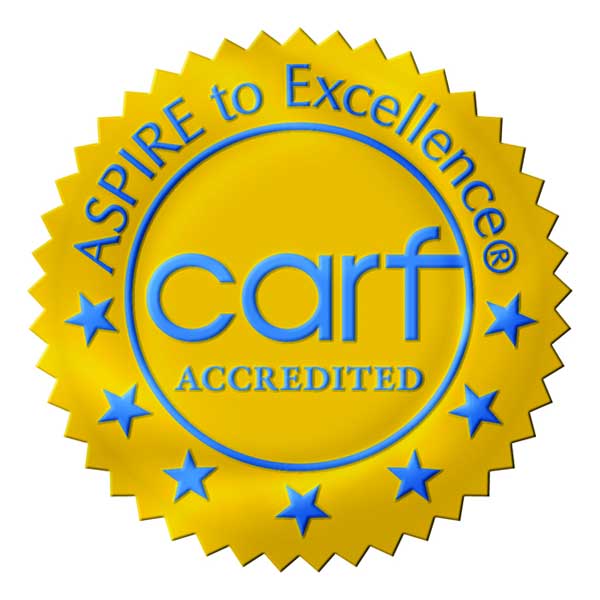RECOVERY STARTS HERE!
513.792.1272
Dealing with Disrespectful Behaviors

As a parent, it can be difficult to find the line between rude behaviors that express frustration and truly disrespectful behaviors. James Lehman, MSW wrote an article on EmpoweringParents.com, which can help you navigate this tricky issue.
Mr. Lehman and ASAP professionals believe parents have a right to expect compliance from all children who are living in their home (regardless of their age). This expectation must be set up in advance by parents, and parents will need to continually adjust expectations as children get older and take on more responsibilities. Additionally, parents can help teens practice negotiation techniques as you come to agreements about family rules and values.
Mr. Lehman suggests asking yourself if your child is expressing general frustration at life’s inherent challenges and injustices or is being deliberately hurtful, condescending, or abusive. He considers eye rolling, stomping, and door slamming to be annoying but fairly harmless behavior. There is a distinction between this mild behavior and name-calling or physical intimidation.
Take a Step Back
When children and adolescents do not comply with parental requests and rules, parents feel disrespected. Often they make the mistake of personalizing that feeling. Mr. Lehman reminds parents that often small acts of rebelliousness occur because teens are wanting independence, rather than deliberately seeking to disrespect a parent. Parents know that all children are at times disobedient. It isn’t personal. By maintaining objectivity, you will be more able to solve the issue without getting emotionally engaged. Give your child a consequence, but don’t dwell on your feelings of disrespect.
Some Disrespectful Behaviors Parents Should Ignore
Mr. Lehman advises that parents expect a certain amount of grumbling and complaining to accompany adolescents. Lehman asserts that teens who roll their eyes, stomp up stairs, and slam the door are not being disobedient. These adolescents are actually acknowledging your authority over them and expressing frustration at not having autonomy. He advises that as long as kids are “getting good enough grades, being a good enough kid, not doing criminal or anti-social things, not doing high risk things” this type of behavior is not a threat to the parents’ authority at all. When parents choose to respond to this behavior, they effectively throw the ball back in their child’s court and give them the power back.
Other Disrespectful Behaviors Should be Dealt with Immediately
When a child is truly disrespectful and rude, it needs to be dealt with immediately. This includes name-calling, or using demeaning language. Likewise, if your child is breaking family rules or becoming violent, it is time for consequences. If your child doesn’t see the line s/he has crossed between mild rebelliousness and disrespect, have a short conversation about what is and is not tolerated. Mr. Lehman recommends putting together these ideas, “You’re responsible to behave in a certain way. I’m going to hold you accountable for that behavior, and there will be consequences if you don’t take responsibility for it.”
Consequences should be immediate, but leave room for children to earn back their privileges by complying with your requests. For example, you might take a phone away until your teen acts respectfully for 3 hours in a row. That encourages him/her to practice the desired behavior because if s/he disrespects you again, the time starts over.
Begin by Showing Respect
Make sure you model respect for your children. Speak to people respectfully, and don’t call people, including your child, names. Live your values. If you value respect, you have to behave respectfully.
References
RELATED POSTS
ASAP is Cincinnati's premiere outpatient treatment center for teenagers, young adults, and their families struggling with substance abuse and mental health problems. Our specialized programs include TRIP for adolescents (ages 12-19), PIVOT for young adults (ages 18-26), and Clarity Intensive for those with emotional and behavioral disorders.
SUBSCRIBE
Enter your email address to receive news and information from ASAP.
[sibwp_form id=2]CALL US AT
513.792.1272
OR
Request a call from an ASAP professional










